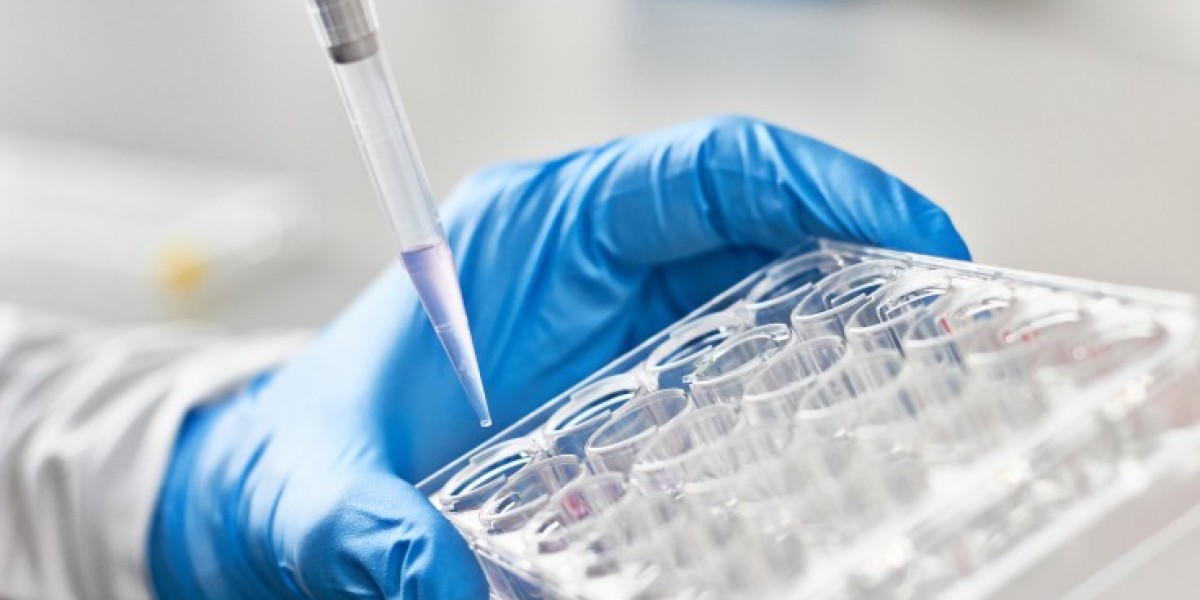Biotechnology is an exciting and ever-evolving field that offers numerous career opportunities. With advancements in science and technology, the scope for biotech professionals is expanding rapidly. However, after obtaining a degree in biotechnology, many wonder what the best job options are. This article will explore some of the top career paths you can pursue with a biotechnology background. We'll discuss roles in research, healthcare, industry, and more, emphasizing the positive aspects of each profession.
Research Scientist
One of the most rewarding career paths for biotechnology graduates is becoming a research scientist. Research scientists work in laboratories to develop new products, improve existing technologies, and discover new ways to solve biological problems. This role often involves working in academic institutions, government agencies, or private companies.
The main advantage of this career is the opportunity to contribute to groundbreaking discoveries that can have a significant impact on healthcare, agriculture, and the environment. Research scientists are at the forefront of innovation, often working on projects that can lead to new medications, treatments for diseases, and sustainable agricultural practices.
Clinical Research Associate
Another excellent career choice is becoming a clinical research associate (CRA). CRAs play a crucial role in the development of new drugs and treatments by overseeing clinical trials. They ensure that these trials are conducted ethically and in compliance with regulatory standards.
This job is perfect for those who are detail-oriented and enjoy working in a regulated environment. CRAs get the chance to work closely with healthcare professionals and patients, providing a sense of fulfillment as they contribute to the advancement of medical science. Additionally, the demand for CRAs is high, offering job stability and competitive salaries.

Biotech Sales Representative
If you have a knack for communication and a passion for science, a career as a biotech sales representative might be the perfect fit. These professionals are responsible for selling biotechnology products and services to healthcare providers, research institutions, and other organizations.
A key benefit of this role is the opportunity to interact with a variety of professionals and organizations, helping them find solutions that improve their work. Biotech sales representatives need a solid understanding of the products they sell, making this a great career for those who enjoy continuous learning and staying updated with the latest advancements in biotechnology.
Quality Assurance Specialist: Ensuring Excellence
Quality assurance (QA) specialists are essential in ensuring that biotech products meet the highest standards of quality and safety. They work in various settings, including pharmaceutical companies, medical device manufacturers, and research labs, to develop and implement quality control procedures.
This role is ideal for those who are meticulous and have a strong attention to detail. QA specialists help prevent errors and ensure that products are safe for public use. The satisfaction of knowing that your work helps protect people’s health and safety can be incredibly rewarding.
Biomedical Engineer
Biomedical engineers combine principles of engineering and biological sciences to design and develop equipment, devices, computer systems, and software used in healthcare. This field offers a unique blend of technology and biology, perfect for those interested in both areas.
One of the main advantages of a career in biomedical engineering is the ability to work on projects that directly improve patient care. Whether it’s developing advanced prosthetics, creating new imaging technologies, or improving surgical instruments, biomedical engineers play a critical role in enhancing healthcare.
Regulatory Affairs Specialist
Regulatory affairs specialists are experts in the regulations and guidelines that govern the development and approval of biotechnology products. They ensure that companies comply with all legal and regulatory requirements, facilitating the approval process for new products.
This career path is well-suited for those who have a keen eye for detail and an interest in law and policy. Regulatory affairs specialists are in high demand due to the complex and ever-changing nature of regulatory environments. The role offers a sense of accomplishment as you help bring innovative products to market while ensuring they meet all necessary standards.
Environmental Biotechnologist: Protecting the Planet
For those passionate about the environment, a career in environmental biotechnology is an excellent choice. Environmental biotechnologists use biological processes to develop sustainable solutions for environmental problems, such as pollution, waste management, and conservation.
This job allows you to make a tangible impact on the planet, working on projects that promote sustainability and protect natural resources. Environmental biotechnologists often work with governments, non-profits, and private companies, offering diverse opportunities to make a difference.

Bioinformatics Specialist
Bioinformatics specialists use computational tools and techniques to analyze biological data. This field is crucial for managing and interpreting the vast amounts of data generated by modern biotechnology research.
A career in bioinformatics is perfect for those who enjoy working with data and have strong analytical skills. Bioinformatics specialists contribute to significant scientific advancements by helping researchers understand complex biological processes, leading to discoveries in genomics, proteomics, and more.
Agricultural Biotechnologist
Agricultural biotechnologists work on developing new crops and agricultural practices to improve food production and security. This field involves genetic engineering, plant breeding, and the development of sustainable farming methods.
This career is ideal for those interested in agriculture and the science behind food production. Agricultural biotechnologists play a crucial role in addressing global challenges such as food shortages and climate change, making this a highly impactful and rewarding field.
Science Writer
For those with a talent for writing and a passion for science, becoming a science writer is a great career option. Science writers create content that explains complex scientific concepts in a way that is accessible to the general public.
This role allows you to stay at the cutting edge of scientific advancements while helping to educate and inform others. Science writers work for various media outlets, research institutions, and companies, offering a flexible and dynamic career path.
Conclusion
Choosing the best job after biotechnology depends on your interests, skills, and career goals. Whether you prefer working in a lab, interacting with people, or communicating science, there are numerous fulfilling career paths available. Each of these roles offers unique opportunities to contribute to important advancements in science and technology, providing a sense of purpose and satisfaction. By exploring these options, you can find a career that not only suits your professional aspirations but also allows you to make a positive impact on the world. Read more here!



